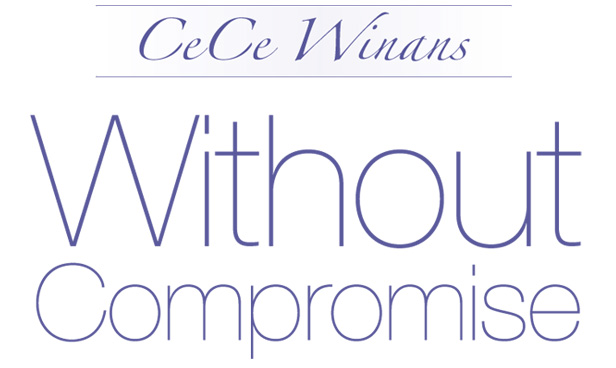CM: Some people argue that if you’re getting paid for it, it’s not ministry. Do you consider yourself to be a minister?
CW: Oh, definitely!
CM: What would you say to people who disagree with you?
CW: Well, I would have to tell them that I disagree with them. Ministry can be done through many different means. For me, it’s done through the music business. My ministry requires that I travel around the world. And, of course, there is an expense for that. In addition, my ministry does not allow me to work a regular job, so my ministry has to financially provide an income. There are also many other expenses involved. For example, I travel with singers and bands. Therefore, I am financially responsible for not only my living expenses, but also the people who work with me. Ultimately, however, it’s about doing the work of the Kingdom. It’s about winning souls for Christ. I believe that everyone is called to minister wherever they are. Some of us will do it through business, but doing it through business does not disqualify it from being ministry.
 CM: Have producers or other people in the music industry tried to steer you into a secular career path?
CM: Have producers or other people in the music industry tried to steer you into a secular career path?
CW: No one has ever tried to get me to abandon what I do. That is because I fully understand that I’m more than just a singer. I’ve been called to specifically sing the Gospel of Jesus Christ. The people who I work with understand that.
CM: Have you ever turned down projects because of the call on your life?
CW: Oh, yes. I’ve been invited to be in videos or to sing on certain songs, but when I heard the lyrics, I had to say "no." They did not coincide with the Word of God, or the will of God for my life. Some songs had lyrics that lent themselves to adultery, magic, and other ungodly things. Light and darkness cannot mix. So I had to say "no."
CM: Once you determine that a project lines up with the Word of God, how do you determine if it lines up with the will of God for your life?
CW: I pray in the Holy Spirit. I believe in speaking in tongues. I want everything God has for me. I need it all. Some people say, "I don’t believe in that part," but I do. Praying in the Spirit gives me clarity. It helps me hear from God.
CM: Is it a contradiction that some of your songs could easily be mistaken for secular music?
CW: I don’t believe that everything that is non-gospel is "anti-God." I believe that everything we do (whether it is considered gospel, or secular, or mainstream) should represent Christ. He should smile upon everything that we do. For example, I did a song with Whitney [Houston] that became very popular. It was a friendship song called "Count on Me." It was not a gospel song, but it talked about the principles of God (loving one another, being there for one another, and being sisters). I’ve done several different things that were not labeled "gospel music" — but no matter where I go, I represent the Gospel of Jesus Christ.
CM: In your line of ministry, people will frequently misunderstand you.
CW: That is very true. I remember being in a restaurant, and this waiter came over and said that he loved my music. He said, "I heard your music on the dance floor." Now, I’m from a Pentecostal background, so I thought, "What?! You heard it where? That is not good news." And then he said, "But your music followed me home, and I want you to know that I am now a born again Christian because of your music." That’s why it’s okay if we are misunderstood. — God never called us to compromise, but He called us to be the light in dark places. For this particular waiter, the dance floor was a dark place where my music offered light.








